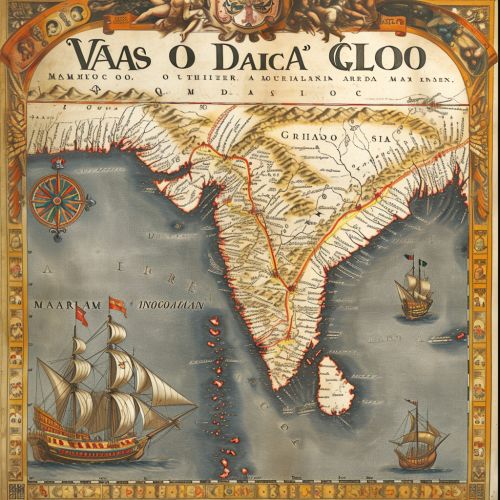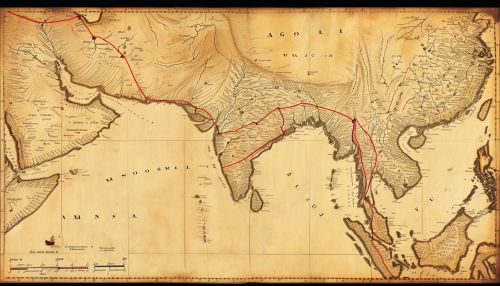Vasco da Gama
Early Life
Vasco da Gama was born in 1460 or 1469 in the town of Sines, on the southwest coast of Portugal. His father, Estêvão da Gama, was a minor provincial nobleman who was commander of the fortress in Sines. Little is known about his early life, but it is believed that he followed the typical path of the sons of nobles and received a good education in reading, writing, and mathematics.
In 1492, da Gama was appointed as a knight of the household of the Duke of Viseu, John II, who was also the grand master of the Order of Christ. This was a significant position, as the Order of Christ was the successor to the Knights Templar in Portugal, and it played a crucial role in the country's maritime discoveries.
The Voyage to India
In 1497, da Gama was chosen by King Manuel I to lead an expedition to find a maritime route to the East. On July 8, 1497, da Gama's fleet of four ships set sail from Lisbon. The fleet consisted of two medium-sized carracks, the São Gabriel and the São Rafael, a small caravel, the Berrio, and a storeship.


The voyage was a significant one, as it marked the first time a European fleet had sailed directly from Europe to India. The journey was fraught with difficulties, including scurvy, storms, and hostile encounters with local rulers. However, da Gama and his crew persevered, and on May 20, 1498, they arrived in Calicut, India.
Later Life and Death
Following his successful voyage to India, da Gama was showered with honors and wealth by King Manuel I. He was given the title of Admiral of the Indian Seas and was made a count. Despite these honors, da Gama's later life was marked by tragedy. His brother Paulo, who had accompanied him on his voyage to India, died shortly after their return. In 1524, da Gama was appointed as the Portuguese viceroy in India, but he died in Cochin three months later.
Legacy
Vasco da Gama's voyage to India marked the beginning of the Age of Discovery and the establishment of a long-lasting colonial empire by Portugal. His success in finding a maritime route to the East opened the way for an age of global imperialism and enabled Portugal to become one of the world's major economic, political, and military powers.
